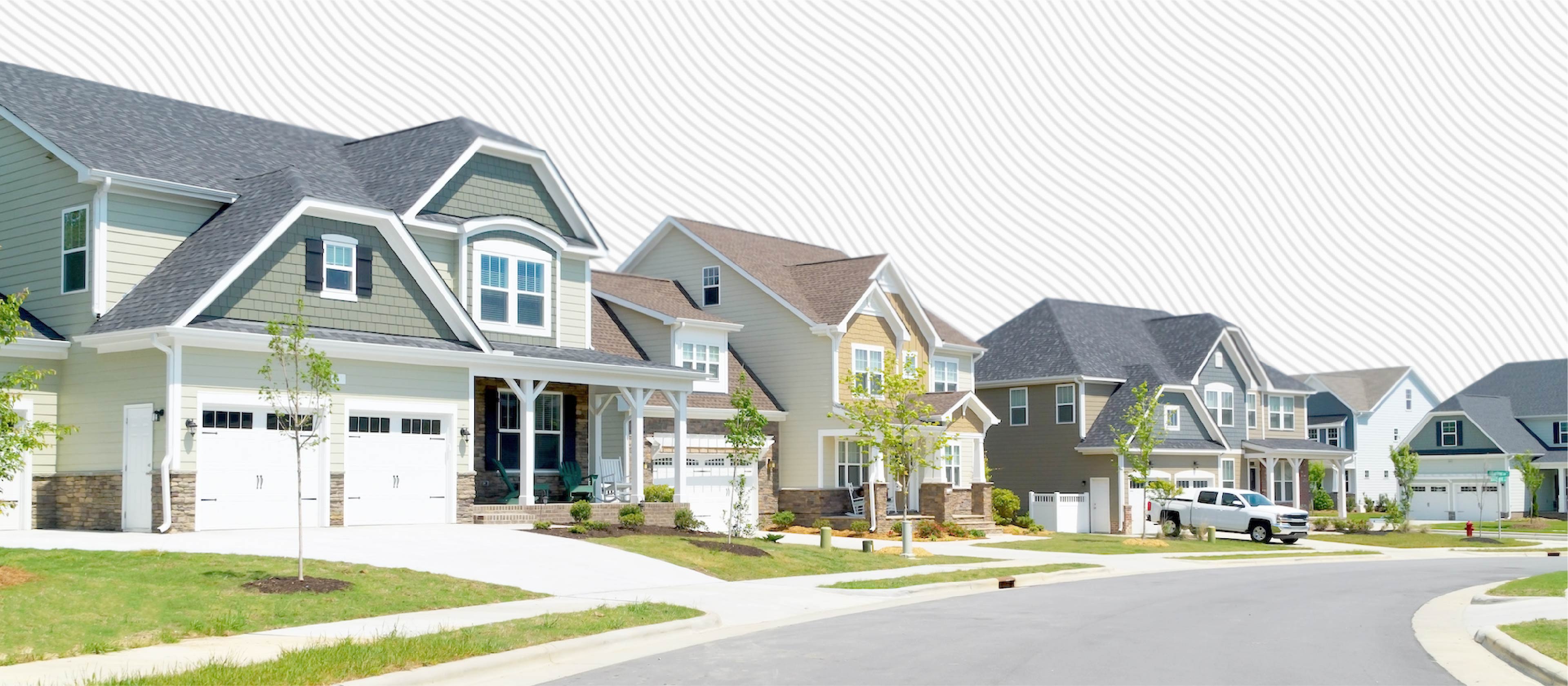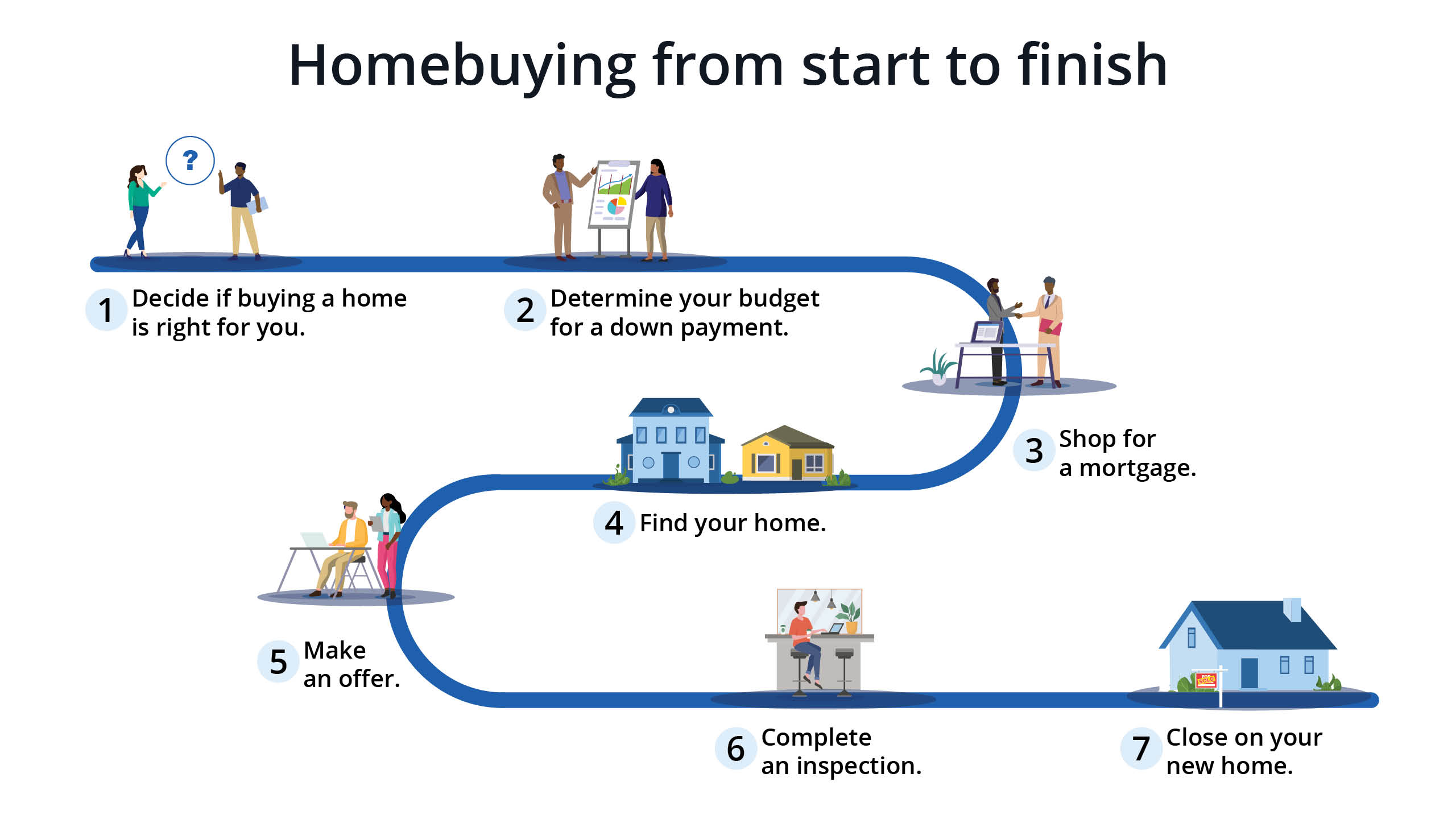
Residential Properties: A Guide to Buying, Owning, and Investing in Homes
Introduction to Residential Properties
Residential properties are the backbone of many real estate markets, providing homes for individuals and families. Whether you’re looking to buy your first home, invest in a rental property, or simply understand the residential real estate landscape, it’s crucial to understand the various aspects of these properties. In this article, we’ll explore the different types of residential properties, their benefits, challenges, and factors to consider before buying.
What Are Residential Properties?
Residential properties refer to any type of real estate used primarily for living purposes. These properties can be occupied by homeowners or tenants and come in various shapes and sizes. From single-family homes to high-rise apartments, residential properties offer diverse options for individuals, families, and investors alike.
Types of Residential Properties
- Single-Family Homes
These are standalone properties designed to house one family. They offer more privacy and space, with yards, driveways, and often more room for expansion or renovations. - Condominiums (Condos)
Condominiums are individually owned units within a larger building or complex. While the homeowner owns the inside of their unit, the exterior and common areas are collectively owned by all residents. - Townhouses
A townhouse is a multi-level property that shares walls with adjacent units. Townhouses combine the benefits of a private home and the communal benefits of a condo, often offering more space and privacy than apartments. - Apartments
Apartments are rental units in a building or complex. While apartment buildings can vary in size, most apartments are leased to tenants rather than being owned. However, owning an apartment in certain buildings can be an option for investors.
Purpose of Residential Properties
Residential properties serve different purposes based on the needs of the owner or investor:
- Primary Residences
These are homes where individuals or families live. Purchasing a primary residence often involves a long-term commitment, where the goal is to create a stable home environment. - Investment Properties
Many people purchase realestatetips. us not for personal use but as investment opportunities. Renting out residential properties, either as long-term rentals or vacation homes, can provide regular income streams and long-term capital appreciation.
Benefits of Residential Properties
Owning or investing in residential properties can offer numerous benefits, both tangible and intangible. Let’s take a closer look at the advantages of residential property ownership.
Long-Term Stability
Residential properties generally appreciate over time, meaning their value increases as years pass. While there may be short-term fluctuations in the market, real estate has historically been a strong long-term investment. Many homeowners see their property’s value grow as they live in it, helping them build wealth.
Building Equity
When you own a home, you build equity with each mortgage payment. Equity is the portion of your home’s value that you actually own. As the value of your home increases and you pay down your mortgage, your equity grows, providing you with a valuable asset for future financial stability.
Rental Income Potential
If you’re an investor, purchasing residential properties to rent out can be a steady source of passive income. Owning rental properties allows you to earn monthly rental payments, which can help cover the mortgage, property taxes, and maintenance costs—while leaving you with extra cash flow.
Factors to Consider When Buying Residential Properties
Before making a purchase, it’s important to evaluate several key factors that can affect both the value of your property and your overall living experience.
Location
The location of a residential property is often the most important factor in its value. Properties in desirable neighborhoods, with good schools, access to public transportation, and proximity to major employers, tend to appreciate more rapidly. Location also affects lifestyle—living close to restaurants, parks, and entertainment venues can enhance quality of life.
Property Condition
The condition of the property is another crucial factor to consider. A well-maintained property that has recently been renovated can save you significant money on repairs in the long run. On the other hand, an older property may require extensive repairs, which could reduce its value or cause you to invest more money than initially planned.
Market Trends
Before purchasing, research current market conditions. Understanding the trends in home prices, supply and demand, and future development plans in the area can help you make an informed decision. Even if a property is reasonably priced today, changes in the market can affect its value down the road.
Financing Your Purchase
Residential properties usually require financing, whether through a mortgage, personal savings, or a combination of both. Understanding different types of mortgage options, interest rates, and down payment requirements is essential for managing your financial commitments. Always consider your budget, as well as additional costs like closing fees and property taxes.
Popular Residential Property Types
Each type of residential property offers different advantages, so it’s important to choose the one that best suits your needs.
Single-Family Homes
Single-family homes offer the most space and privacy, making them ideal for families. They tend to appreciate in value and provide more room for customization. However, they also come with higher costs for maintenance and repairs.
Condominiums (Condos)
Condos are often more affordable than single-family homes and are ideal for people who prefer low-maintenance living. They’re perfect for individuals or couples looking for a central location, but they come with HOA fees, and shared spaces might not appeal to everyone.
Townhouses
Townhouses are a hybrid between condos and single-family homes. They offer more space than condos, often with small yards or shared outdoor areas. Townhouses are a good option for buyers looking for a property with a suburban feel but still want to live near an urban center.
Apartments
For renters, apartments are an easy and convenient option. They’re typically more affordable than purchasing a home and offer flexibility for those who may need to move often. However, renters don’t build equity, and rental costs can increase over time.
Challenges in Owning Residential Properties
While owning residential properties can be rewarding, there are several challenges you should be aware of:
Maintenance Costs
Owning a home means you’re responsible for repairs and maintenance. From fixing broken appliances to keeping the lawn tidy, ongoing upkeep is part of homeownership. Unexpected repairs can also arise, adding to your financial burden.
Property Taxes
Property taxes are a significant part of homeownership. The amount varies depending on the location of the property and its value. Make sure to budget for these taxes and factor them into the overall cost of homeownership.
Market Volatility
The real estate market can fluctuate, and factors like economic downturns or shifts in demand can impact property values. This volatility can make it harder to predict the future value of your property, especially if you plan to sell or rent it out.
Conclusion
Residential properties are a fundamental component of the real estate market, providing a place to live and an opportunity for financial growth. Whether you’re buying your first home, investing in rental properties, or simply learning about the options available, understanding the various property types, benefits, and challenges is key to making informed decisions.




